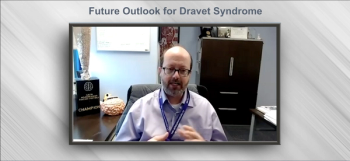
News

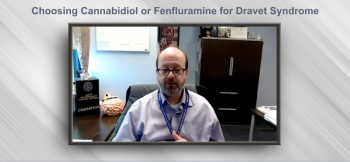
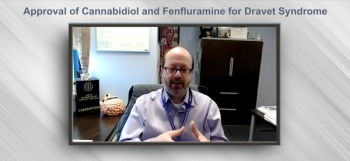
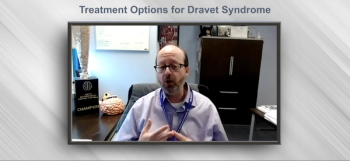
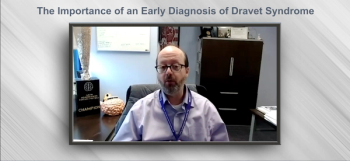


The investigation identified 13 novel and significant associations with cerebrovascular disease and transient cerebral ischemia.
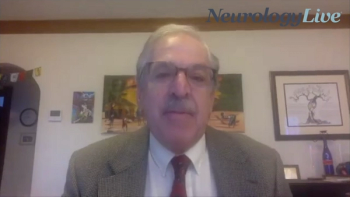
The neurologist from the Comprehensive Epilepsy Care Center for Children and Adults, in St. Louis, Missouri, discussed how his team saw a roughly 25% decrease in the mean use of concomitant ASMs.

The Expanded Access Program will offer treatment for patients with ALS who have completed the phase 3 clinical trial and will not interfere with data or regulatory timelines.

Andrea Quattrone, MD, discusses how his team worked to create a simpler biomarker after developing MRPI 2.0.

Erenumab also demonstrated improvements in standard measures of efficacy, such as monthly migraine days.
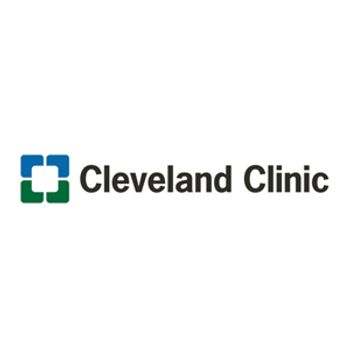
UFC will provide $1 million contribution to fund research for a 5-year study that examines the effect of head impacts on long-term brain health.

The GW Pharmaceuticals product resulted in nearly 50% reductions in seizures at both 25 mg/kg and 50 mg/kg dose groups.
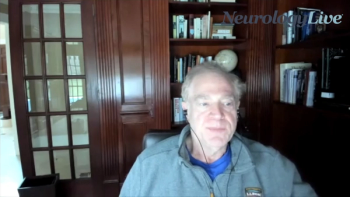
The director of the Montefiore Headache Center discussed how different treatments work for different patients with migraine.
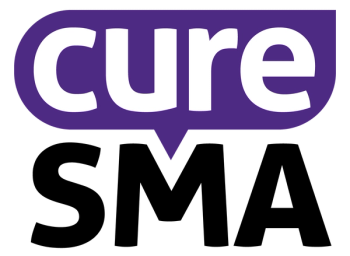
The 3-part educational program is sponsored by Genentech.
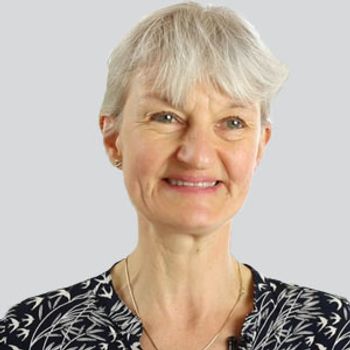
Individuals whose mothers had pregestational diabetes mellitus had a statistically significant 2.3-fold increased risk of developing multiple sclerosis.
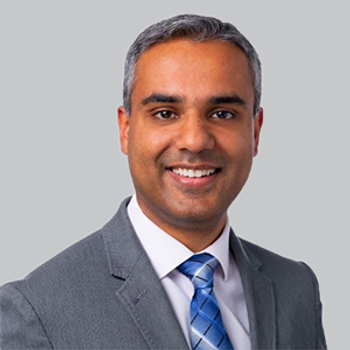
Women with HDP were found to perform worse on cognitive tests 15 years after delivery than their counterparts.
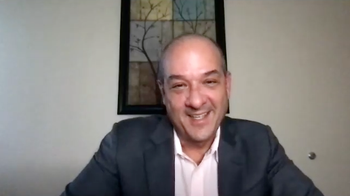
The chief medical officer of CND Life Sciences and medical director of Honor Health Neurology spoke to the role synuclein has played in advancing PD diagnosis.

Neurological disability, as assessed by EDSS, was also found to be associated with higher levels of MS fatigue.

The executive director of the Norman Fixel Institute for Neurological Diseases explained how disease-based registries play a crucial part in changing the approval system for neurologic devices in rare diseases.
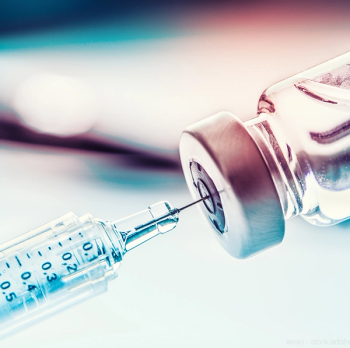

Raymond Sanchez, MD, chief medical officer of Cerevel Therapeutics, discussed tavapadon, a drug intended to treat Parkinson disease that is currently being tested in a slew of clinical trials.
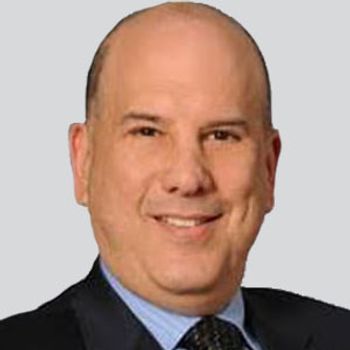
Neuronaute consists of a smart shirt and smart cap containing biosensors that monitor physiological characteristics, such as muscle activity and heart and respiratory rate.

A recent analysis of UnitedHealthcare insurance claims revealed increases of almost 200% for some services between 2001 and 2016.
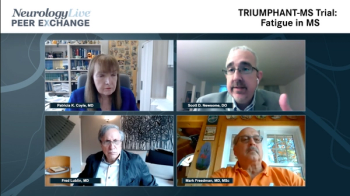

Objective reduction in tremor was accompanied by improvement in specific motor tasks and a larger proportion of patients in the botulinum neurotoxin group reporting a global subjective improvement in symptoms.

In addition to the device showing a safe profile, it helped patients with pain relief from their migraine and increased functional ability.

An analysis of MSBase data including more than 14,000 patients with MS suggests that disease-modifying therapies are effective in improving disability outcomes in relapsing disease.

Researchers from Northwestern University found nilotinib had an acceptable safety profile, but lacked efficacy that would encourage further study in patients with Parkinson disease.

The assistant professor of neurology and anesthesiology at Harvard Medical School provided context on the potential of motor neuron excitability in patients with ALS.
